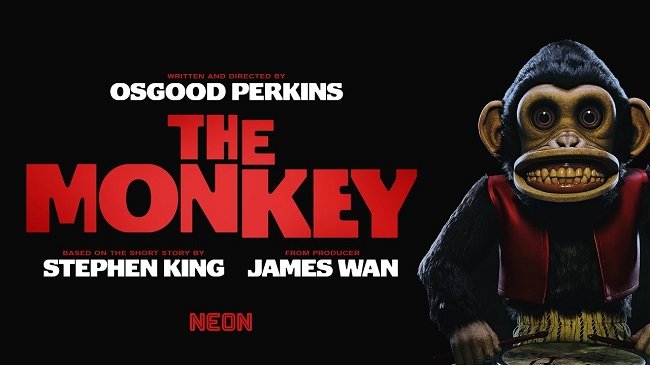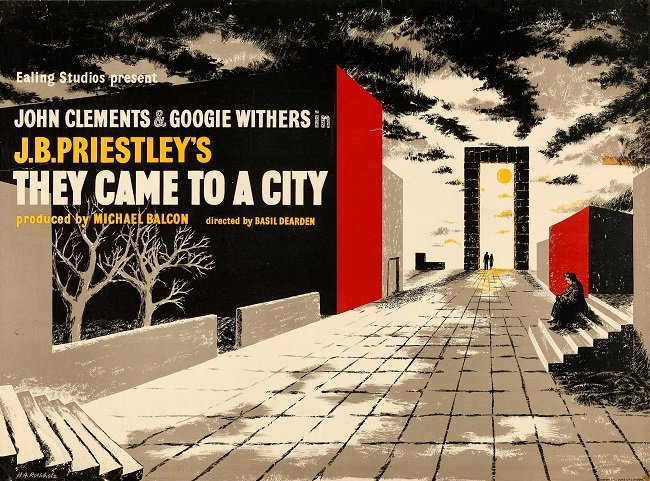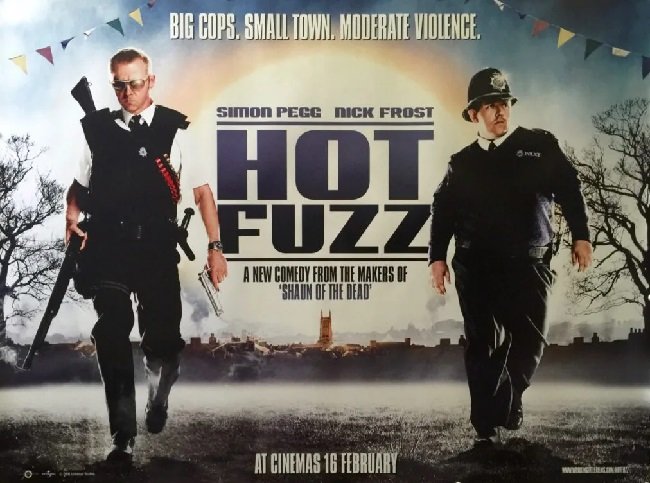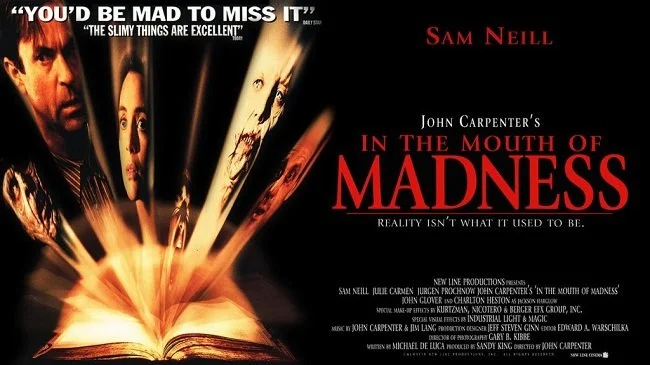The Grey (2012)
Contrary to its rather obvious marketing, The Grey is not just a black and white, testosterone fuelled, action movie. It has far greater philosophical aspirations. Beneath the survivalist storyline is a narrative that explores the nature of hope, human determination and the inevitability of death as well as its place in the natural order of things. This is surprisingly cerebral for a film of this genre. It is sombre and dour but totally justified in adopting such tones. Director Joe Carnahan initially sets out a traditional scenario of a rag tag group of oil workers, desperately trying to survive the Alaskan wilderness, after a plane crash. They look to Liam Neeson to assume the alpha-male role for their group. However, we soon discover that he is wrestling with his own personal demons.
It is here that the film shows some interesting strengths and weaknesses, by exploring the back story of the various survivors and how each copes with the hopelessness of their situation. Neeson softly calms a dying man, explaining the nature of death and helping him accept his fate. It is a scene that works well. But some of the other survivors do seem to lack credibility and are somewhat arbitrary. They serve as red shirt wolf fodder and are primarily there to expedite the plot. The wolves themselves, although ferocious are treated more as an allegorical device, rather than a traditional foe. The attacks are rapidly edited and much of the violence depicted is of the aftermath of these encounters.
The Grey reminded me of several classic Hollywood films, not so much by direct comparison, but simply though similarity of themes and ideas. The Flight of the Phoenix, Sands of the Kalahari and even Zulu sprang to mind. But the films greatest asset, irrespective of these cinematic homages, is the central performance by Liam Neeson. His commanding on-screen presence is utterly convincing and binds the film together. There is genuine dignity in his character as he grapples with his obligations to those that look to him for leadership. A lesser actor would have rendered the film nothing more than a story of man versus the environment. Neeson elevates it to a different level; a thought provoking, existentialist parable.




























